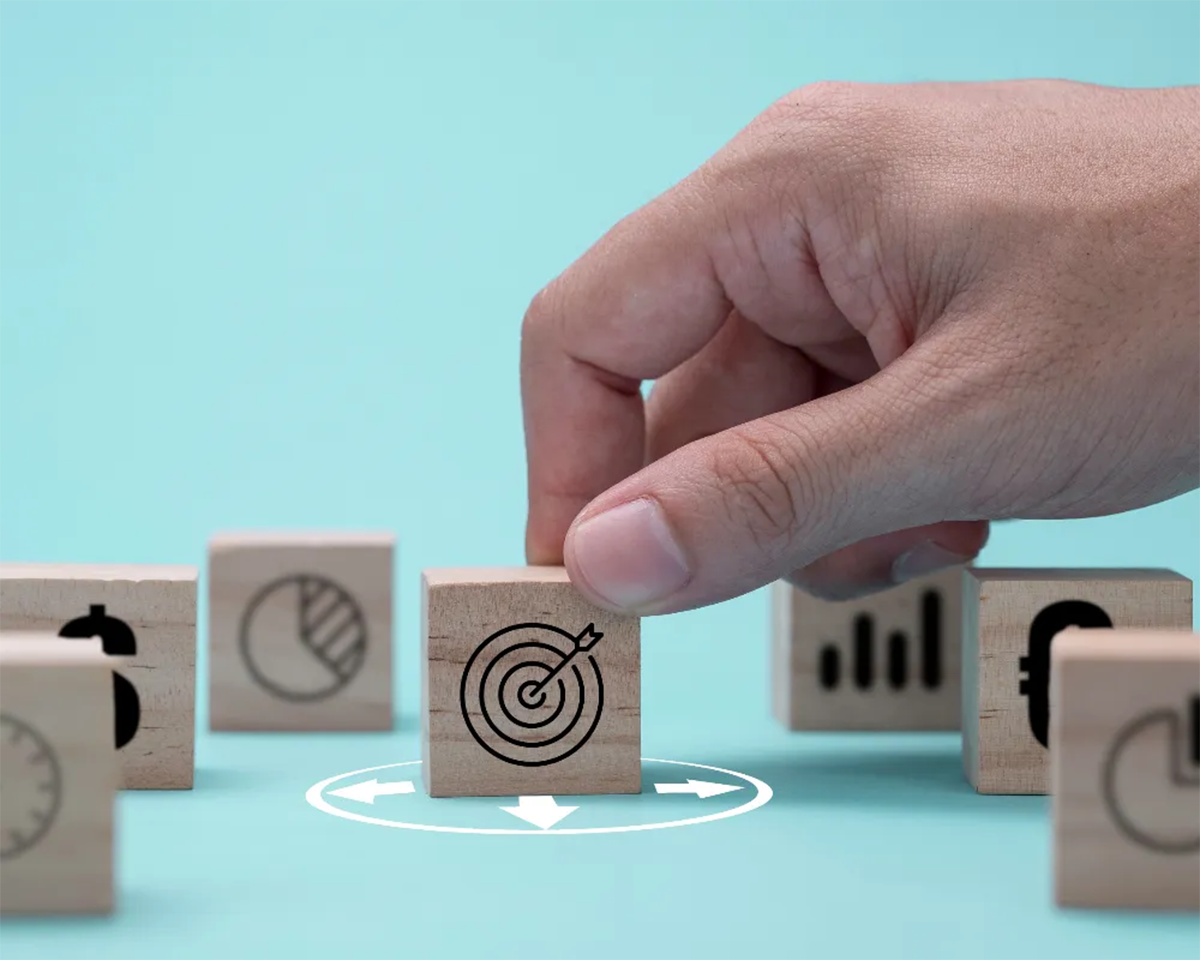Ready to create more pipeline?
Get a demo and discover why thousands of SDR and Sales teams trust LeadIQ to help them build pipeline confidently.





Get a demo and discover why thousands of SDR and Sales teams trust LeadIQ to help them build pipeline confidently.
Whether you’re a seasoned Sales Development Representative (SDR) or have just accepted a new position, the nature of the job means there’s always room for improvement. The standard process for SDRs of sending out sequenced emails, calling, and leaving voicemails is no longer working as well as it once has. There are too many distractions, too many other priorities, and people are busier than ever.
To help combat the struggles SDRs face, we’ve laid out the groundwork for success by compiling ten skills all SDRs should master to get the best results possible in their role.
The role of a Sales Development Representative is not easy. The position requires an assertive, proactive mentality, with plenty of hard work and dedication to succeed. While it’s understandable that the role’s demands will cause many SDR to experience discouragement at some point, dwelling in a negative headspace will only thwart progress. Overcoming setbacks is possible by adopting the mindset of a high-performing SDR. So, how do you enter that mental space?
Low-performing SDRs are prone to adopting a defeatist mindset. In the limited perspective, the prospect’s time and energy is more valuable than their own, making a connection impossible. . This mental block is unfortunately experienced by many SDRs at some point.
The logic behind this mindset is simple. SDRs typically reach out to high-level decision-makers: the C-Suite and VPs, or at least director-level executives. These are people who often have decades of experience in their field, certifications, awards, accolades. They've been there and done that. That high-performing background can intimidate SDRs, especially if they are inexperienced.
In order to pivot from a low-performing mindset to a high-performing one, SDRs must view the prospect and themselves as equals. This is the primary factor that separates high-performing SDRs from low-performing ones.
The three most important qualities for embracing a high-performing mindset in sales are:
Once you start working with these three qualities, you can bolster them with skills that complement that mental approach. More specifically, we’ve come up with ten skills that will help you become a high performing SDR.
All SDRs who thrive are able to work with these skills:
Sales leaders get dozens of cold emails every week. Unless you give them a good reason to read your email, it’s likely to go unseen. Personalization is key to getting sales leaders to read your cold outreach: personalized sales videos, for example, are a great way to start.
If you are having trouble with your sales messaging and personalizing your outreach, try the 10-minute game. The 10-minute game is something came up with after studying why his sales team was performing so few activities. It wasn’t that the sales reps were lazy or lacked drive; it came down to where they were directing their focus. The game works in this manner: give the rep ten minutes has to find a new account, add that contact into their sales tools, research them, and do a touch. This not only allows reps to prospect in a time-friendly manner, but also includes that ever-important dose of personalization.
One of the most revolutionary changes we’ve seen in the sales world is in the power of social selling. According to LinkedIn, salespeople are 51% more likely to hit quota with social selling. In simplest terms, social selling is a lead-generation technique where salespeople directly interact with their prospects on social media platforms like LinkedIn.
How do you tackle social selling as a sales rep? It’s all about using your social network to build a community of prospects, build relationships with those prospects, and ultimately turn those prospects into customers. As LinkedIn & Social Selling Author, Keynote Speaker, and LinkedIn Trainer Daniel Disney says, “A digital presence can have an impact on all areas of sales.”
Here are five social selling best practices:
If you’re not yet using sales videos in your prospecting, what are you waiting for? Sales videos allow prospects to immediately bond with you on a more personable level. Especially since we are currently living in a time where a majority of the business world is working remotely, human interaction in any form is craved by many.
Sales videos serve two main functions. First, it’s a value prop you can send to prospects over cold email to get a meeting. Secondly, you can share something of value on social media to reach many prospects at once. Creating videos allows you to stay in touch with current customers, show that they care during this uncertain time, and reach new prospects in a more personalized matter.
4 Video Best Practices:
Did you think your sales training stopped after you were successfully onboarding? That’s not the mindset of a high-performing SDR….
Successfully SDRs continue learning and researching throughout their career. You can do this in many ways.
Here are just a few:
One of the most important skills every company looks for when looking at SDR candidates is coachability. The best SDRs proactively seek out coaching from high-performing peers and ask for honest feedback from their managers and teammates.
Schedule management is vital to a sales rep. Schedule management allows SDRs to organize their days and prioritize high-value activities (e.g., email outreach, cold calls, meetings, etc.). Whether you choose to-do lists or use a calendar management tool to create their schedule, maintaining a strict schedule will help SDRs complete their tasks.
Great SDRs build genuine relationships and build trust with prospects.To be a successful relationship-builder, you must be able to communicate with a wide variety of people across multiple channels. Whether you are connecting with a contact over email, presenting to a prospect in a virtual meeting, or sending them a pre-recorded video, you’ll want to clearly communicate your points and ideas that keep them engaged.
Active listening is arguably the most essential skill for prospecting; however, not many SDRs can do this well. SDRs must be able to qualify prospects during conversations to understand if your product or service can solve one of their problems. Simply going through a qualification checklist is not enough—an SDR must hone in on the conversation to identify additional key information that you would only get from actively listening to a prospect’s phrases, words, or tone of voice. SDRs must be present and have real conversations with prospects to uncover critical information.
Emotional intelligence helps sales reps understand their prospects' objections when speaking with them and helps them better understand their pain points. SDRs must possess strong empathy and emotional intelligence to succeed.
Empathy helps SDRs understand prospects' reactions to your company's products or services, and if the product/service will be a good fit for them without forcing an unnecessary relationship. They will pick up the subtle cues that prospects are giving through either their email responses, tone of voice, or facial and body language.
On a topical note, being empathetic with prospects is critical right now. We are living through unprecedented times, and having a little compassion can go a long way.
There will come times when a prospecting endeavor comes to a dead end. The reasons may number several: the timing may not beright for their company, the prospect is already working with a competitor, or doesn’t need your product/service at the moment. No matter the reason, maintain integrity until the very end. You never know what might happen down the road, so don’t burn bridges. Keeping a relationship with these contacts may help you later. Even if nothing ever comes of that relationship, don’t risk your company's reputation just because the timing wasn’t right.
We know that prospecting is a high-energy job that encounters many setbacks on the path to a clear win. With the right mindset and tools, however, it’s possible for every SDR to succeed. To learn more about the technology that LeadIQ offers in order to help your SDRs become as high-performing as possible, please get in touch at info@leadiq.com.
Subscribe for updates.